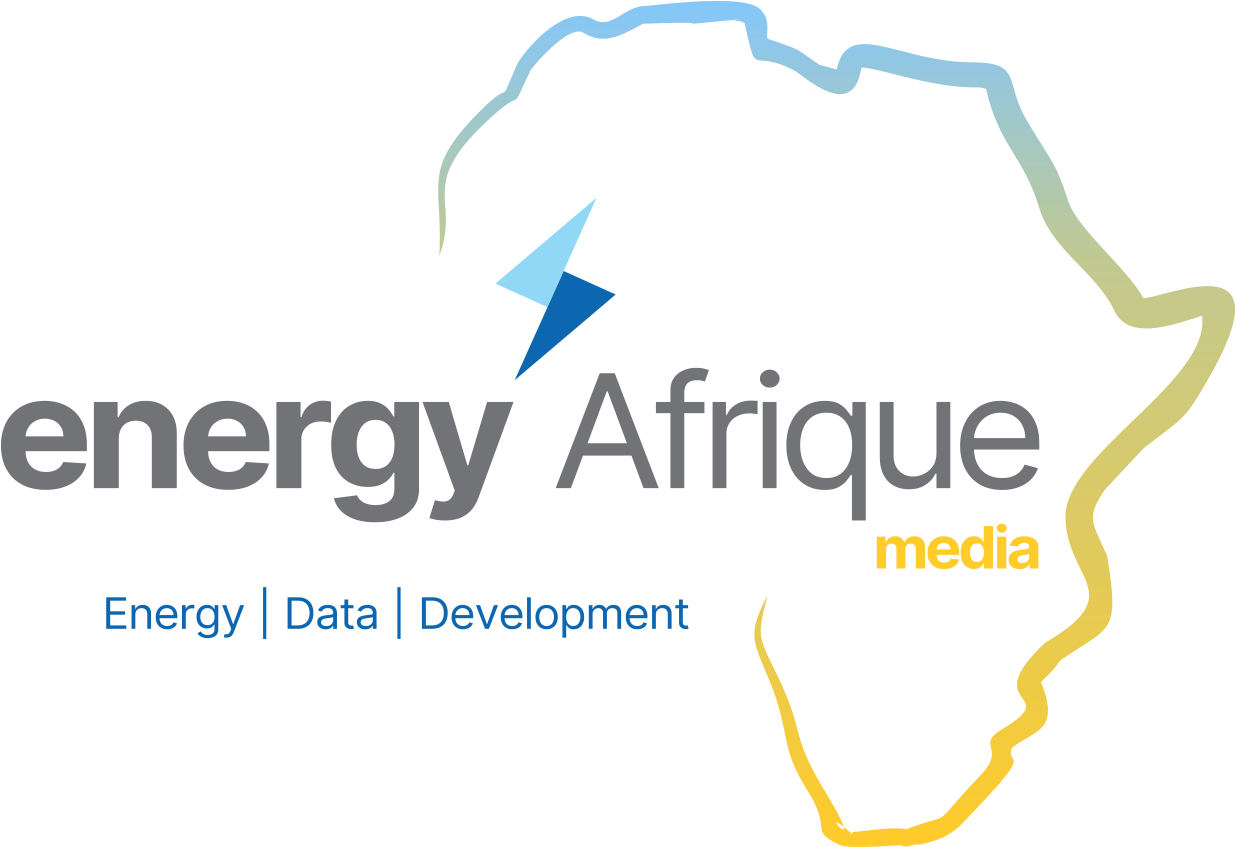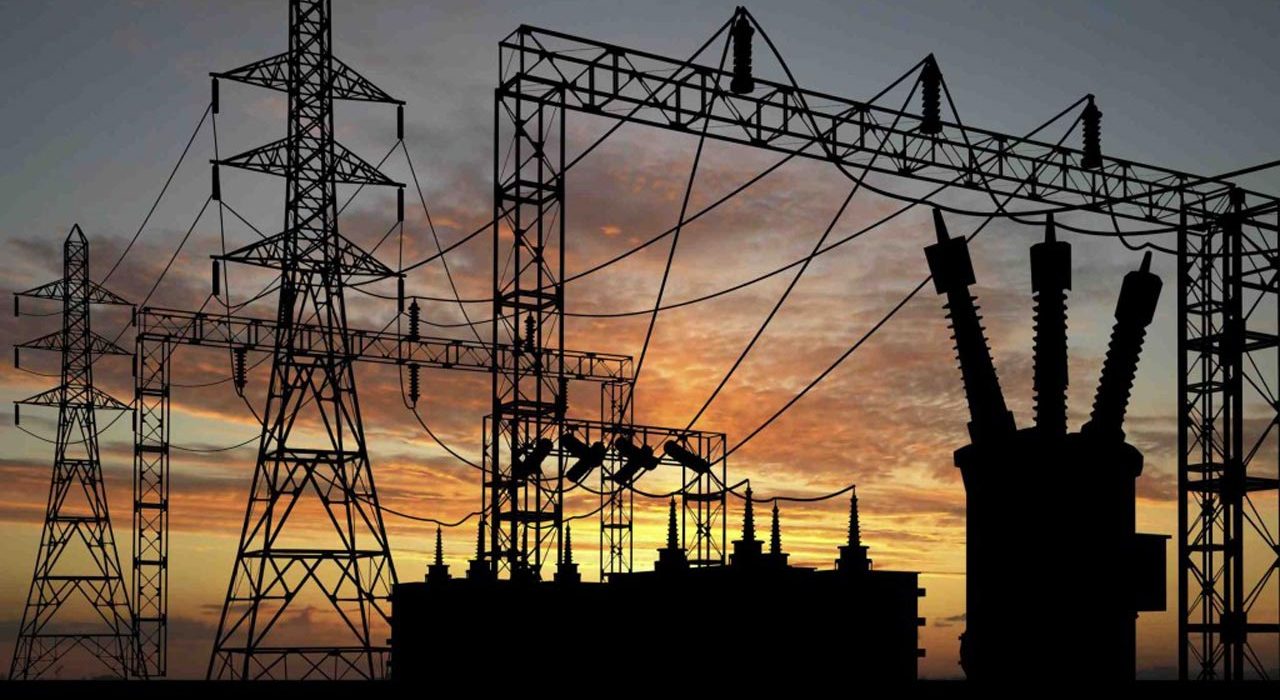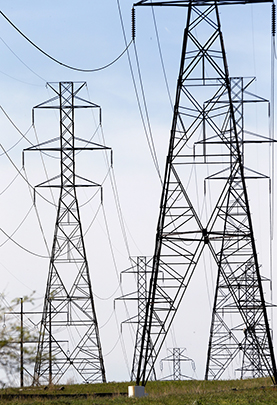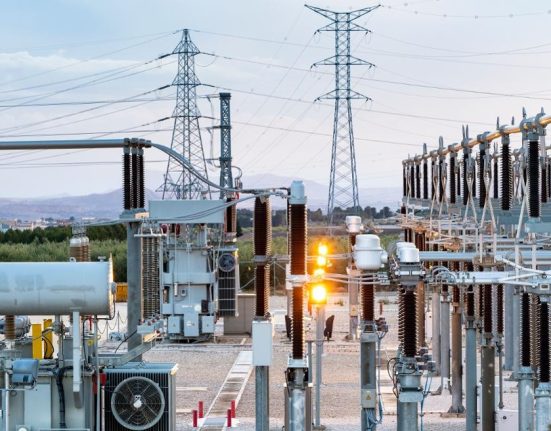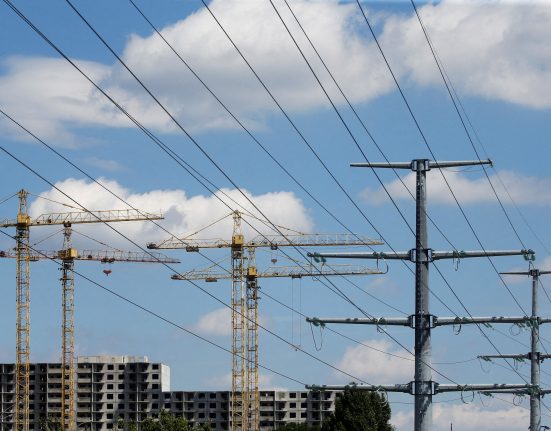The International Monetary Fund (IMF) has recommended that the Nigerian Government to completely end electricity subsidies in Nigeria.
IMF stated that the federal government had overburdened itself, suggesting that the complete removal of both fuel and electricity subsidies should be carried out.
This recommendation is seen as a way for Nigeria to restore macroeconomic stability, aligning with the government’s previous statements that electricity subsidies from January to September 2023 amounted to N375.8 billion, while consumers paid a total of N782.6 billion for electricity during the same period.
The IMF praised the Nigerian government for the reforms undertaken but emphasized the need to eliminate fuel and electricity subsidies.
“The new administration has made a strong start, tackling deep-rooted structural issues in challenging circumstances.
“Immediately, it adopted two policy reforms that its predecessors had shied away from: fuel subsidy removal and the unification of the official exchange rates. Since then, the new CBN team has made price stability its core mandate and demonstrated this resolve by dropping its previous role in development finance.
“On the fiscal side, the authorities are developing an ambitious domestic revenue mobilization agenda. Like many other countries, Nigeria faces a difficult external environment and wide-ranging domestic challenges.
“External financing (market and official) is scarce, and global food prices have surged, reflecting the repercussions of conflict and geo-economic fragmentation.
ALSO READ: Nigerian Govt Agrees to Pay N1.6trn Electricity Subsidy in 2024
Electricity Subsidy: Flawed Tariffs Assumptions, Public Welfarism and Dying Industry
Report Shows Nigeria Paid N135 Billion for Electricity Subsidy in Q2 2023
“Per capita growth in Nigeria has stalled, poverty and food insecurity are high, exacerbating the cost-of-living crisis.
“Low reserves and very limited fiscal space constrain the authorities’ option space. Against this backdrop, the authorities’ focus on restoring macroeconomic stability and creating conditions for sustained, high and inclusive growth is appropriate.
“The CBN has set out on a welcome path of monetary tightening. The Governor has committed to making price stability the core objective of monetary policy, and the CBN has taken actions to mop up excess liquidity.
“Continuing to raise the monetary policy rate until it is positive in real terms would be an important signal of the direction of monetary policy.
“The government’s focus on revenue mobilization and digitalization would improve public service delivery and safeguard fiscal sustainability. The envisaged reduction in the overall deficit in 2024 would help contain debt vulnerabilities and eliminate the need for CBN financing.
“Temporary and targeted support to the most vulnerable in the form of social transfers is needed, given the ongoing cost-of-living crisis. Fuel and electricity subsidies are costly, do not reach those that most need government support and should be phased out completely,” IMF said.
The Nigerian Electricity Regulatory Commission (NERC) disclosed that the government subsidized electricity in the first, second, and third quarters of 2023.
Power distribution companies billed electricity users a total of N1.06 trillion nationwide over nine months, yet they received only N782.6 billion despite widespread blackouts in many parts of Nigeria.
Subsidy payments for electricity increased from N36 billion in the first quarter of 2023 to N135.2 billion in the second quarter and further rose to N204.6 billion in the third quarter.
